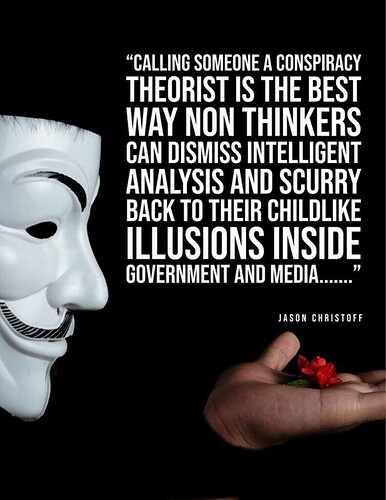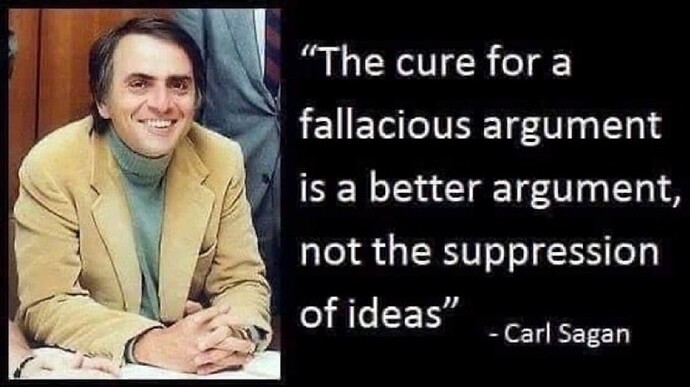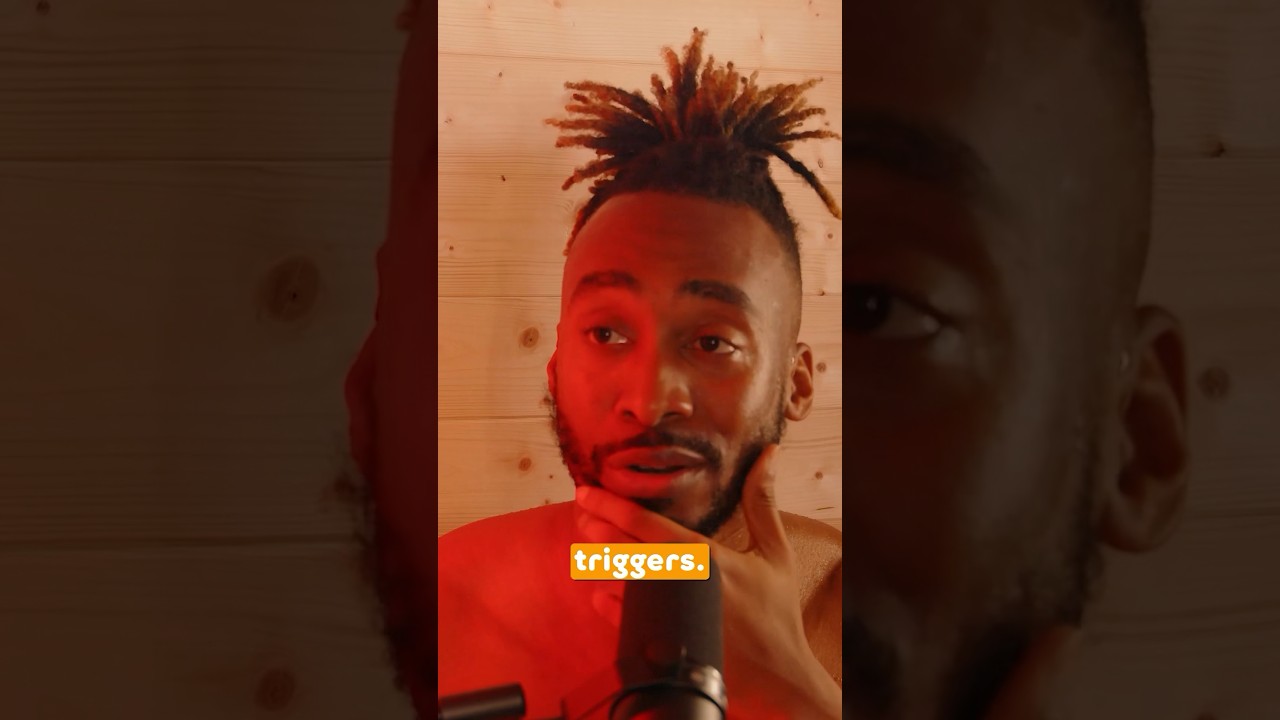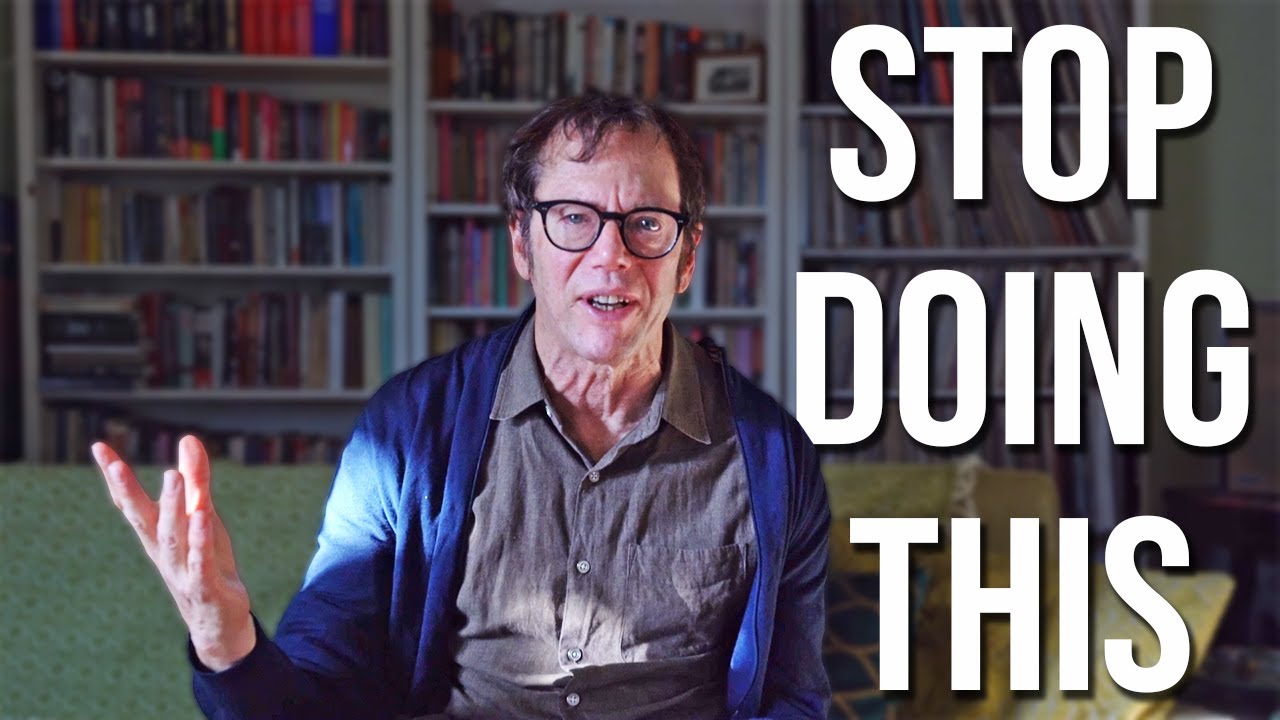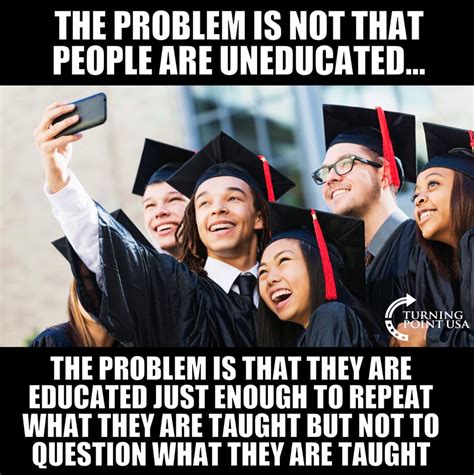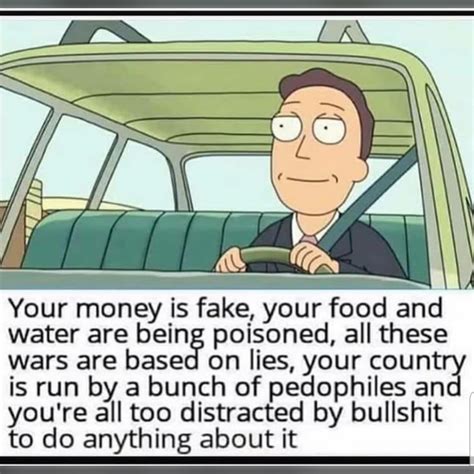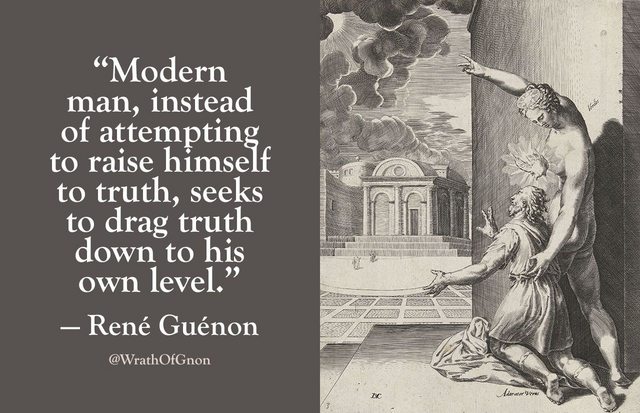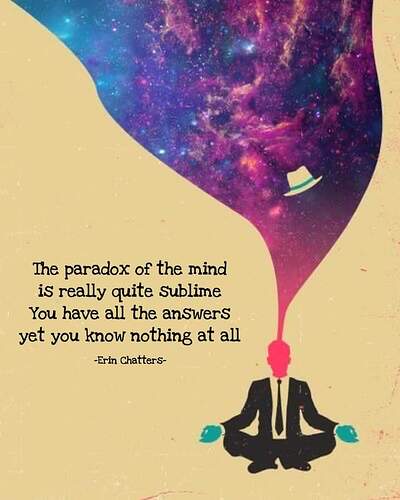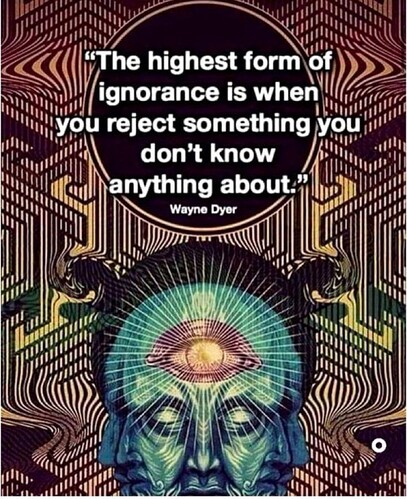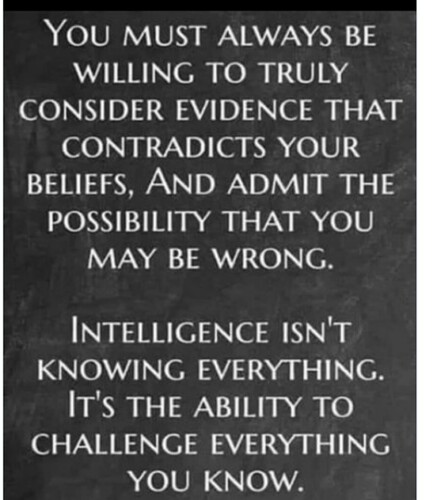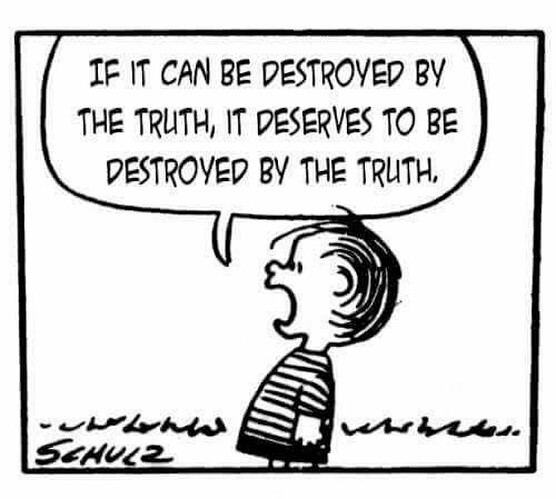Our society has been dumbed down and indoctrinated to the point that most people actually believe everything they hear and assume that every critical thinker is a conspiracy theorist. Part of the problem is that people are so distracted with TV shows, movies, video games, media, sports, etc. People are so preoccupied with meaningless things that they never question or look into things.
The term “Conspiracy Theory” was coined by the CIA during the Kennedy Investigation and was designed to discredit anybody that referred to an inconvenient truth. People are programmed to call truth seekers conspiracy theorists which is nothing more a than a derogatory title used to dismiss a critical thinker and completely hide the truth of the matter. The first step in truth seeking is to find the truth based on facts, not your feelings, emotions, and perceptions as this is how people have been programmed to react which keeps them running around in circles ignorant to the truth. A reality based in fiction!
“Calling someone a conspiracy theorist is the best way non thinkers can dismiss intelligent analysis and scurry back to their childlike illusions inside government and media.” ~ Jason Christoff
“What jolted me was someone’s challenge. He said “if you hear only one side of an issue, you’re not educated, you’re indoctrinated” I was challenged to listen & read opposing views”
“In all affairs, it’s a healthy idea, now and then, to hang a question mark on things you have long taken for granted” ~ Bertrand Russell
“The real question is: How much truth can I stand?” ~ Friedrich Nietzsche
“The degree to which a person can grow is directly proportional to the amount of truth he can accept about himself without running away.” ~ Leland Val Van De Wall
“I would rather have questions that can’t be answered than answers that can’t be questioned.” ~ Richard Feynman
“Freedom from the desire for an answer is essential to the understanding of a problem.” ~ Jiddu Krishnamurti
“The wise man doesn’t give the right answers, he asks the right questions.” ~ Claude Levi-Strauss, [French anthropologist, born 1908]
“Schooling, instead of encouraging the asking of questions, too often discourages it.” ~ Madeleine L’Engle
“The greatest deception men suffer is from their own opinions.” ~ Leonardo da Vinci
“I much prefer the sharpest criticism of a single intelligent man to the thoughtless approval of the masses.” ~ Johannes Kepler
“The man who asks a question is a fool for a minute, the man who does not ask is a fool for life.” ~ Confucius
“The ability to ask questions is the greatest resource in learning the truth.” ~ Carl Jung
“Millions saw the apple fall, but Newton was the one who asked why.” ~ Bernard Baruch
“It is important not to worship what is known, but to question it.” ~ Jacob Bronowski
“People almost invariably arrive at their beliefs not on the basis of proof but on the basis of what they find attractive.” ~ Blaise Pascal (1623-1662)
“The problem is not people being uneducated. The problem is that they are educated just enough to believe what they have been taught and not educated enough to question what they have been taught.” ~ Richard Feynman
“The mind that is open for questions is open for dissent. In the totalitarian regime the doubting, inquisitive, and imaginative mind has to be suppressed. The totalitarian slave is only allowed to memorize, to salivate when the bell rings.” ~ Joost Meerloo
“One of the painful signs of years of dumbed-down education is how many people are unable to make a coherent argument. They can vent their emotions, question other people’s motives, make bold assertions, repeat slogans – anything except reason.” ~ Thomas Sowell
“The most basic question is not what is best, but who shall decide what is best.” ~ Thomas Sowell
“Truth be told, the truth is rarely told.” ~ Matthew West
“When men yield up the privilege of thinking, the last shadow of liberty quits the horizon.” ~ Thomas Paine
“A long habit of not thinking a thing wrong, gives it a superficial appearance of being right.” ~ Thomas Paine
“If you make people think they’re thinking, they’ll love you; but if you really make them think, they’ll hate you.” ~ Harlan Ellison
“Sometimes people don’t want to hear the truth because they don’t want their illusions destroyed.” ~ Friedrich Nietzsche
“If you’re easily offended, you’re easily manipulated.” ~ Unknown
“Children and animals understand the truth better than adults.” ~ Markus Rothkranz
“Those who are able to see beyond the shadows and lies of their culture will never be understood, let alone believed, by the masses.” ~ Plato
“Truth has to be repeated constantly, because Error also is being preached all the time, and not just by a few, but by the multitude. In the Press and Encyclopedias, in Schools and Universities, everywhere Error holds sway, feeling happy and comfortable in the knowledge of having Majority on its side.” ~ Goethe (1749-1832)
“The greatest enemy of knowledge is not ignorance, it is the illusion of knowledge.” ~ Daniel Boorstin
“A person soon learns how little he knows when a child begins to ask questions.” ~ Richard L. Evans
“Judge a man by his questions rather than his answers.” ~ Voltaire
“Common sense is not so common.” ~ Voltaire
“To argue with a person who has renounced the use of reason is like administering medicine to the dead.” ~ Thomas Paine [English-American political activist, writer, and revolutionary]
“Our whole educational system, from the elementary schools to the universities, is increasingly turning out people who have never heard enough conflicting arguments to develop the skills and discipline required to produce a coherent analysis, based on logic and evidence.” ~ Thomas Sowell
“Instant obedience and mindless compliance are poor goals, indeed, when raising children. A thoughtfully questioning, passionately curious, and humorously resourceful child who delights in inventing ‘compromises’ and who endlessly pushes the boundaries tends to grow into a thoughtful, passionate, resourceful adult who will change the world rather than being changed by the world.” ~ L.R. Knost
“I know you won’t believe me, but the highest form of Human Excellence is to question oneself and others.” ~ Socrates
“Freedom from the desire for an answer is essential to the understanding of a problem.” ~ Jiddu Krishnamurti
“I never allow myself to have an opinion on anything that I don’t know the other side’s argument better than they do.” ~ Charles Munger
“However much you deny the truth, the truth goes on existing.“ ~ George Orwell
“Do not indoctrinate your children. Teach them how to think for themselves, how to evaluate evidence, and how to disagree with you.” ~ Richard Dawkins
“Don’t ask kids what they want to be when they grow up. Ask them what problems they want to solve. This changes the conversation from who do I want to work for, to what do I need to learn to be able to do that." ~ Jaime Casap
Here’s a tip: 99% of people tell me I am wrong all my life. The way to get into the 1%, ignore the 99%.
“Quality questions create a quality life. Successful people ask better questions, and as a result, they get better answers.” ~ Anthony Robbins
“The important thing is not to stop questioning. Curiosity has its own reason for existing.” ~ Albert Einstein
“Unthinking respect for authority is the greatest enemy of truth” ~ Albert Einstein
“None but ourselves can free our minds.” ~ Bob Marley
“You’re just afraid of opening your mind because you might not like what you find.” ~ Dutch van der lin
“What we want to see is the child in pursuit of knowledge, not knowledge in pursuit of the child.” ~ George Bernard Shaw
“Be a free thinker and don’t accept everything you hear as truth. Be critical and evaluate what you believe in.” ~ Aristotle (384 - 322 BC)
“There is frequently more to be learned from the unexpected questions of a child than the discourses of men.” ~ John Locke
“Difference of opinion leads to inquiry, and inquiry to the truth.” ~ Thomas Jefferson
“The most necessary lesson is to unlearn all the wrong things.” ~ Antisthenes, 445-360 BC, Ancient Greek Cynic philosopher
“The greatest deception men suffer is from their own opinions.” ~ Leonardo da Vinci
“If you never change your mind, why have one?” ~ Edward de Bono
“Progress is impossible without change; and those who cannot change their minds cannot change anything.” ~ George Bernard Shaw
“Some ideas are so stupid that only intellectuals believe them.” ~ George Orwell
“Education has failed in a very serious way to convey the most important lesson science can teach: skepticism.” ~ David Suzuki
“Your mind is programmable – if you’re not programming your mind, someone else will program it for you.” ~ Jeremy Hammond
“If you would be a real seeker after truth, it is necessary that at least once in your life you doubt, as far as possible, all things.” ~ René Descartes
“The price of truth is everything, but no one knows what everything means until they’re paying it.” ~ Jed McKenna
“The greatest thing you can give yourself is FREEDOM from what others think.” ~ Abraham Hicks
“The purpose of education is to replace an empty mind with an open one.” ~ Malcolm Forbes
“Truth is incontrovertible, ignorance can deride it, panic may resent it, malice may destroy it, but there it is.” ~Winston Churchill
“All I ask is for an objective consideration of all the evidence. Anyone who won’t do that isn’t really entitled to an opinion.” ~ Travis Walton
“The true lover of knowledge naturally strives for truth, and is not content with common opinion, but soars with undimmed and unwearied passion till he grasps the essential nature of things.” ~ Plato
“The chief object of education is not to learn but unlearn.” ~ Gilbert K. Chesterton
“Don’t just teach your children to read…
Teach them to question what they read.
Teach them to question everything.”
~ George Carlin
“What is freedom of expression? Without the freedom to offend, it ceases to exist.” ~ Salman Rushdie
“The struggle for freedom is ultimately not resistance to autocrats or oligarchs but resistance to the despotism of public opinion.” ~ Ludwig von Mises
“I don’t try and teach my kids what to think or even how to think. They are born thinkers! What I try to do is stay out of their way and allow them to think. I do that by listening (more than talking), answering questions when asked, surrounding them with interesting things (and people and places), and giving feedback when it’s requested.” ~ Kelly Halldorson
“There is no such thing on earth as an uninteresting subject; the only thing that can exist is an uninterested person.” ~ Gilbert K. Chesterton
“Too often we give children answers to remember rather than problems to solve.” ~ Roger Lewin
“A reliable way to make people believe in falsehoods is frequent repetition, because familiarity is not easily distinguished from truth. Authoritarian institutions and marketers have always known this fact.” ~ Daniel Kahneman, [Thinking, Fast and Slow]
“Strange times are these in which we live when old and young are taught falsehoods in school. And the person that dares to tell the truth is called at once a lunatic and fool” ~ Plato
“We have been taught lies. Reality is not at all what we perceive it to be.” ~ Milton William Cooper, [Behold a Pale Horse]
“In a time of drastic change it is the learners who inherit the future. The learned usually find themselves equipped to live in a world that no longer exists.” ~ Eric Hoffer, 1902-1983, American writer & philosopher
“Once you have learned to ask questions – relevant and appropriate and substantial questions – you have learned how to learn and no one can keep you from learning whatever you want or need to know.” ~ Neil Postman and Charles Weingartner
“To be free is to be capable of thinking one’s own thoughts - not the thoughts merely of the body, or of society, but thoughts generated by one’s deepest, most original, most essential and spiritual self, one’s individuality.” ~ Rudolf Steiner
“The ultimate gift we can give the world is to grow our tiny humans into adult humans who are independent thinkers, compassionate doers, conscious questioners, radical innovators, and passionate peacemakers.” ~ L.R. Knost
"A person’s freedom of learning is part of his freedom of thought even more basic than his freedom of speech. If we take away from someone his right to decide what he will be curious about, we destroy his freedom of thought. We say, in effect, you must think not about what interests and concerns you, but about what interests and concerns us.” ~ John Holt
“There is something profoundly deadening to a curious, engaged child about the feeling of being watched and measured, or even, some studies suggest, the anticipation of being measured.“
“I’ve seen kids drop what they’re doing in an instant when they realize they’re being observed in an appraising way. A wall goes up. The lights go out. As psychologist Peter Gray puts it,”
“Evaluation, when it is not asked for, and when it has consequences as it does in school, is a threat. It narrows the mind… it inhibits new learning, new insights, and creative thought—the very processes that some people think school is supposed to promote.”
“The evaluative gaze does the greatest harm, of course, to the kids who live under a biased eye (…) Once an assessment of a child’s ability has been made, positive or negative, that child will feel it; if you think you can conceal it from them, you’re wrong. They know.”
“Most of the time, we see only what we want to see, or what others tell us to see, instead of really investigate to see what is really there. We embrace illusions only because we are presented with the illusion that they are embraced by the majority. When in truth, they only become popular because they are pounded at us by the media with such an intensity and high level of repetition that its mere force disguises lies and truths. And like obedient schoolchildren, we do not question their validity and swallow everything up like medicine. Why? Because since the earliest days of our youth, we have been conditioned to accept that the direction of the herd, and authority anywhere — is always right.” ~ Suzy Kassem, [Rise Up and Salute the Sun: The Writings of Suzy Kassem]
“We awaken by asking the right questions. We awaken when we see knowledge being spread that goes against our own personal experiences. We awaken when we see popular opinion being wrong but accepted as being right, and what is right being pushed as being wrong. We awaken by seeking answers in corners that are not popular. And we awaken by turning on the light inside when everything outside feels dark.” ~ Suzy Kassem, [Rise Up and Salute the Sun: The Writings of Suzy Kassem]
"Do not believe in anything simply because you have heard it.
Do not believe in anything simply because it is spoken and rumored by many.
Do not believe in anything simply because it is found written in your religious books.
Do not believe in anything merely on the authority of your teachers and elders.
Do not believe in traditions because they have been handed down for many generations. But after observation and analysis, when you find that anything agrees with reason and is conducive to the good and benefit of one and all, then accept it and live up to it." ~ Buddha
“I have a foreboding of an America in my children’s or grandchildren’s time – when the United States is a service and information economy; when nearly all the manufacturing industries have slipped away to other countries; when awesome technological powers are in the hands of a very few, and no one representing the public interest can even grasp the issues; when the people have lost the ability to set their own agendas or knowledgeably question those in authority; when, clutching our crystals and nervously consulting our horoscopes, our critical faculties in decline, unable to distinguish between what feels good and what’s true, we slide, almost without noticing, back into superstition and darkness…
The dumbing down of American is most evident in the slow decay of substantive content in the enormously influential media, the 30 second sound bites (now down to 10 seconds or less), lowest common denominator programming, credulous presentations on pseudoscience and superstition, but especially a kind of celebration of ignorance” ~ Carl Sagan, [The Demon-Haunted World: Science as a Candle in the Dark]
I heard someone a while back insist that ‘unschooling is a bad idea’, and that those children unfortunate enough to have parents who didn’t ‘educate’ them wouldn’t know subjects like ‘geology, math, and sociology’. Of course, what escaped his critique were his own assumptions about knowledge and its merits.
We’ve been tempted into believing that knowledge is a tame thing - a thing we can underline, categorize, discipline, control and appreciate only when grouped into headings and subheadings. And it is. When we construct knowledge as the inescapable product of disciplinarity, we tend to perpetuate people who are passive, bored, listless and disempowered; we tend to extend the lifespan of a civilization that feeds off the existential magnificence of its citizens, replacing questions with homework, replacing play with ‘playtime’, replacing learning with curricula, replacing the joy of living with the imperative to be productive. Within the boundaries of disciplinarity, the only way to access the world is via a power system that actively resists our spontaneous urges to inquire about our world and our particular interests about it. We learn to see ourselves and appreciate ourselves through grades and predetermined outcomes. Our bursts of curiosity are quarantined, labelled and silenced - and then replaced with an ‘unnaturally’ linear trajectory of learning that has nothing to do with our own questions and emerging life paths.
And yet, knowledge is not all this.
Consider the possibility that knowledge is wilder than we think. Even more radically, consider the possibility that there is no such ‘thing’ as knowledge - that what we collectively perceive as knowledge are culturally efficacious aspects of experience that often serve collective visions of the world. If we see knowledge not as a ‘thing’, an object ‘out there’ that we strive to capture through practice, but as an epiphenomenon of our own stories, then what changes? Disciplined and academic knowledge does serve in certain ways, especially in ways that do not allow for flights of fancy…ways that perpetuate a mechanization of society. The logic of unschooling defeats this programme of rationalization, however. It sidesteps hierarchical disciplinarity, and restores trust in the ability of children to learn without being dragged into assembly lines or rewarded with A’s. It makes knowledge subversive to the dictates of State and imperial might. By removing learning away from the bailiwick of classroom management, away from the politics of correctness, away from the industry-set objectives of ‘getting a job’, learning is truly liberated. Geology, in a sense, has little to do with stones and dirt; but it has everything to do with the commodification of our experience of them, the standardization of perceptions.
Going through school is not an adventure in learning per se; that’s probably not the concern of most people who send their kids to school. They send them often because they are scared they won’t get a job eventually; they are scared because their own schooling experience has conditioned them into accepting that the experience of industrial education is not only necessary to being well and alive but that it is inevitable…" ~ Bayo Akamolefe
Here’s a good question…
Why would anyone who loves their children send them away to complete strangers who profit from the poisoning of their children’s Mind, Body, and Soul?
Question your choices…
Question everything you see & hear…
Question your influences…
Question what you eat…
Question what your doing and if it makes you happy…
Question why the most important things in life are not learned in school…
Question why schools ban books that make people think critically…
Question vaccines…
Question college…
https://www.unschooling.com/tag/college
